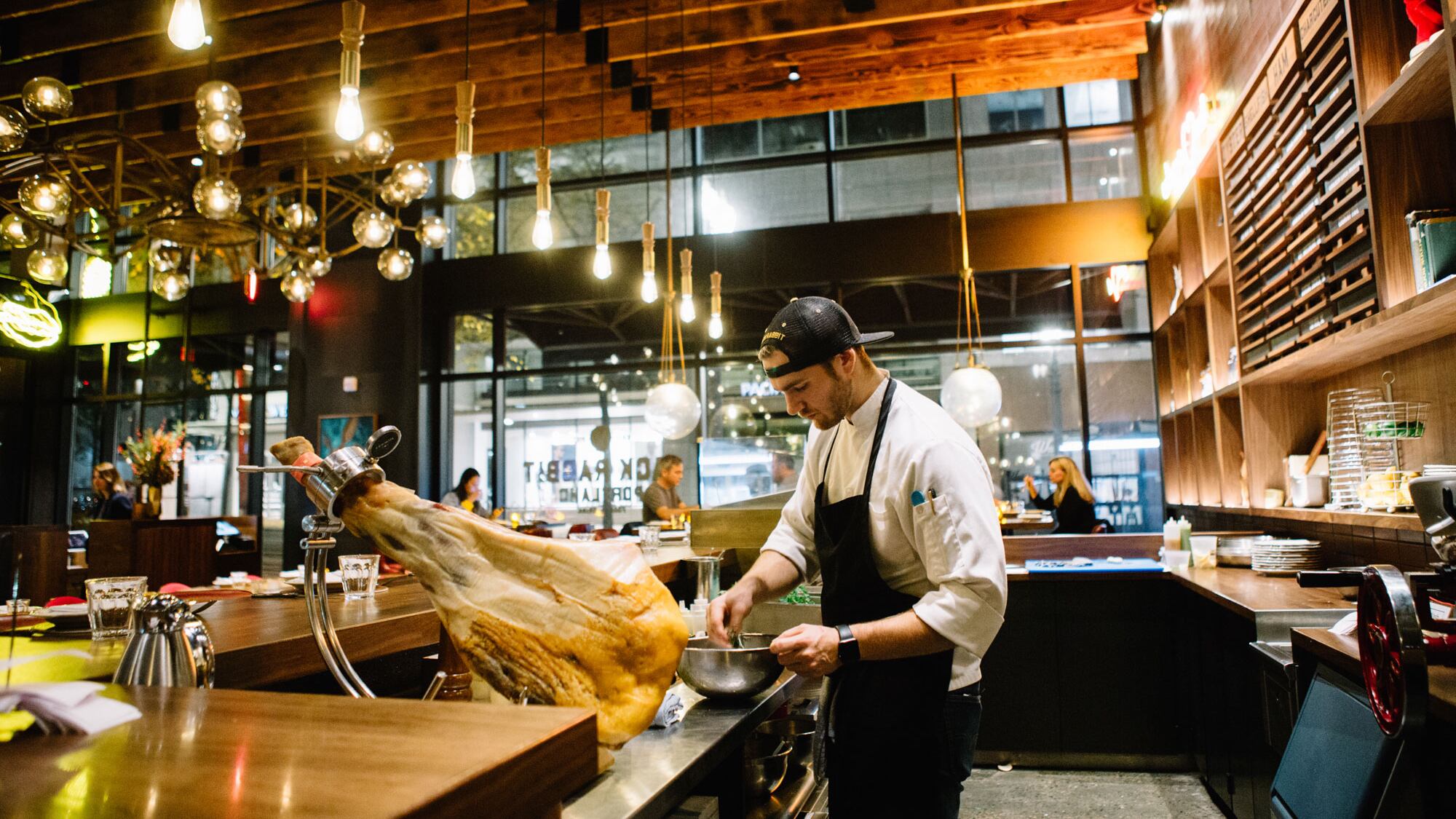A bipartisan group of senators today released new details about a $908 billion COVID-19 pandemic relief package—and it appears the beleaguered restaurant industry is once again being left out in the cold.
The proposal, which was originally introduced Dec. 1, will now be divided in half and voted on separately. One plan includes $748 billion for small businesses, the unemployed and distribution of COVID-19 vaccines. The other offers $160 billion for state and local governments as well as controversial, Republican-favored liability protection for companies that might face pandemic-related lawsuits.
Despite those sizable dollar amounts, U.S. Rep. Earl Blumenauer (D-Ore.) is criticizing the bills for not doing enough for food and beverage establishments.
"Time is also running out for local, independent restaurants," Blumenauer said in a press release. "The Paycheck Protection Program was a short-term lifeline for millions of operations to keep them afloat and move forward, but it wasn't designed for restaurants, who need a tailored long-term solution."
The Restaurants Act, originally introduced by Blumenauer earlier this year, is an effort to help those small businesses in ways the PPP fell short, since it was often too restrictive for restaurant owners and did not address that industry's specific challenges.
If approved, the legislation would create a $120 billion grant program to provide structured relief to restaurants through 2020, covering the difference between revenues from 2019 and projected revenues until the end of the year.
Those grants would not need to be paid back and could go toward payroll, mortgage, rent, utilities and other operating costs. Participants cannot be publicly traded or part of a chain with 20 or more locations, and if a restaurant ends up closing during 2020, those unspent funds must be returned.
Meanwhile, on the state level, the Oregon Restaurant & Lodging Association is still doing what it can to assist its members. Last week, the industry group launched a legal defense fund for owners who wish to move forward with lawsuits regarding the ongoing government restrictions.
"Operators from all corners of the state have reached their breaking point and have asked for continued legal support to fight for their rights," said Jason Brandt, ORLA's president and CEO. "There is a growing list of inequities facing Oregon's hospitality industry that require additional judicial oversight."
ORLA and its members are also growing increasingly frustrated by the lack of suspension or adjustment to fees and taxes that fail to consider the limitations they've faced in 2020.
For instance, restaurants and bars are still facing county health inspection fees based on the number of dining room seats in the establishment, licenses for on-premises alcohol consumption, and increases in unemployment insurance tax rates for 2021.
"We need to build on that awareness within our government institutions to illustrate the severity of the situation," said Brandt.
Related: Rep. Earl Blumenauer Is All That Stands in the Way of an Applebee's on Every Portland Corner.

